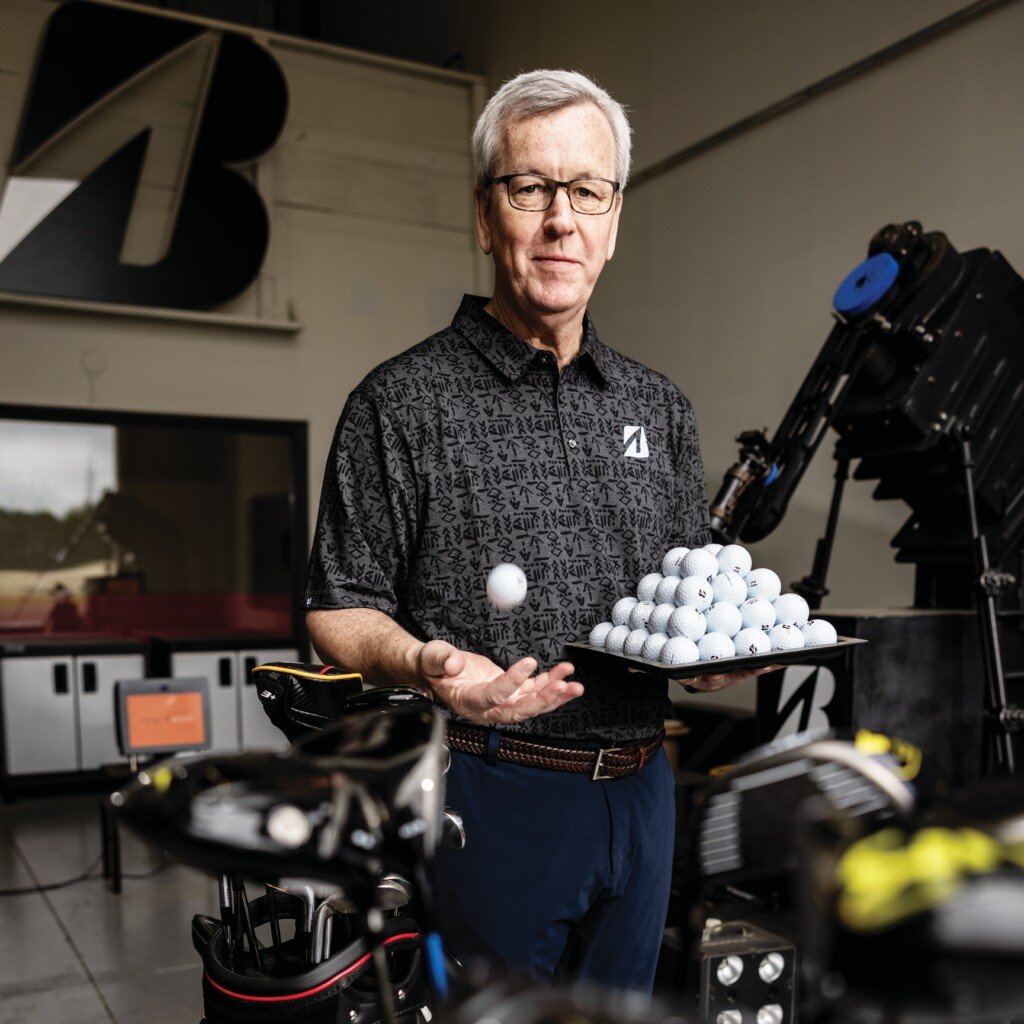Power Players: L.E.A.D.ing the way
C.J. Stewart was overcome by emotion as he introduced Jason Heyward, the highly touted Atlanta Braves pros-pect, at a November 2009 luncheon. Choking back tears, Stewart described Heyward’s accomplishments on the field but more importantly the young ballplayer’s commitment to “give back” off the field.
Stewart, 33, is the founder and president of L.E.A.D. (Launch Expose Advise Direct), a nonprofit organization committed to making an impact on inner city teens ages 14-18 playing competitive baseball in high school, and preparing them to compete for college baseball scholarships. It’s a program he wishes had been in place when he was in high school.
“When I see these young men, it’s like watching pieces of me coming together,” Stewart says. “This program is for them, but it’s also making me whole.” L.E.A.D. is more than a baseball skills development program; the mentors and coaches take a holistic approach that includes an academic requirement, maintaining a C average or better, and civic involvement. “When we interview players, we’re looking for guys who want college,” says Stewart. “But we’re not just assessing their abilities, we’re assessing their dreams.”
Stewart is a big proponent of dreaming big, having spent the first nine years of his life in Holly-wood Courts, a northwest Atlanta housing project. “I never really saw it as that bad, but when I tell people that’s where I grew up they’ll say, ‘Wow. You’re still alive!’” Stewart says.
The family made ends meet, but there were no extras. Stewart attended Westlake High School where he was spotted by major league scouts and drafted by the Chicago Cubs out of high school in 1994.
But what should have been an exciting time for Stewart was marred by self- doubt. “I heard about pitchers throwing 95 miles per hour,” he recalls. “I wasn’t sure how I’d measure up.”
At his parents’ urging, Stewart instead attended Georgia State University. But even there, he felt like an outsider. “My study skills weren’t what they should have been, and I was intimidated by the social environment,” he says. “And as far as baseball was concerned, I saw that raw ability wasn’t enough.”
Stewart re-entered the major league draft and the Cubs drafted him again in 1996. He played professional baseball for two years, reaching the Single-A level in 1997 before leaving the game, admitting his own lack of drive led to his early exit.
Signing on as an instructor at a baseball facility in Marietta, Stewart was brought up short one day when a young player asked him why he was teaching him to perform a skill a certain way. “I couldn’t tell him,” said Stewart. “It bothered me that I couldn’t answer him. I determined that I would learn everything I needed to know in order to have the words ‘professional instructor’ next to my name, mean something.”
Stewart began to learn how to teach baseball, studying different learning styles, kinesthetic, auditory and visual, and creating a methodology for assessing players’ strengths and weaknesses. Then he started his own baseball training facility, Diamond Directors, where he put his methods into practice to great success.
In addition to premier high school and college players, Stewart has worked with Florida Marlins outfielder Jeremy Hermida, Arizona Diamondbacks Orlando Hudson and the Braves Jason Heyward.
In 2007, Stewart and his wife, Kelli, founded L.E.A.D., giving back to the game by working with the talent pool in the inner-city where instruction was at a premium. Their players, called Ambassadors, are coached in baseball skills, encouraged academically, and are required to provide community service.
Eighty-five percent of L.E.A.D. Ambassadors earned college scholarships in 2008, and in September 2009, L.E.A.D. founded the first inner-city instructional league, the Legacy League, to continue player development into the fall. L.E.A.D. offers players off-the-field enrichment opportunities as well.
L.E.A.D. has become Stewart’s personal mission. “This isn’t just a photo op. This is for real,” he says. “We get involved in the lives of our players because we want to make a difference. Maybe some of our players will never play baseball after high school but everybody has some kind of talent. It’s our responsibility as adults to nurture it.”






